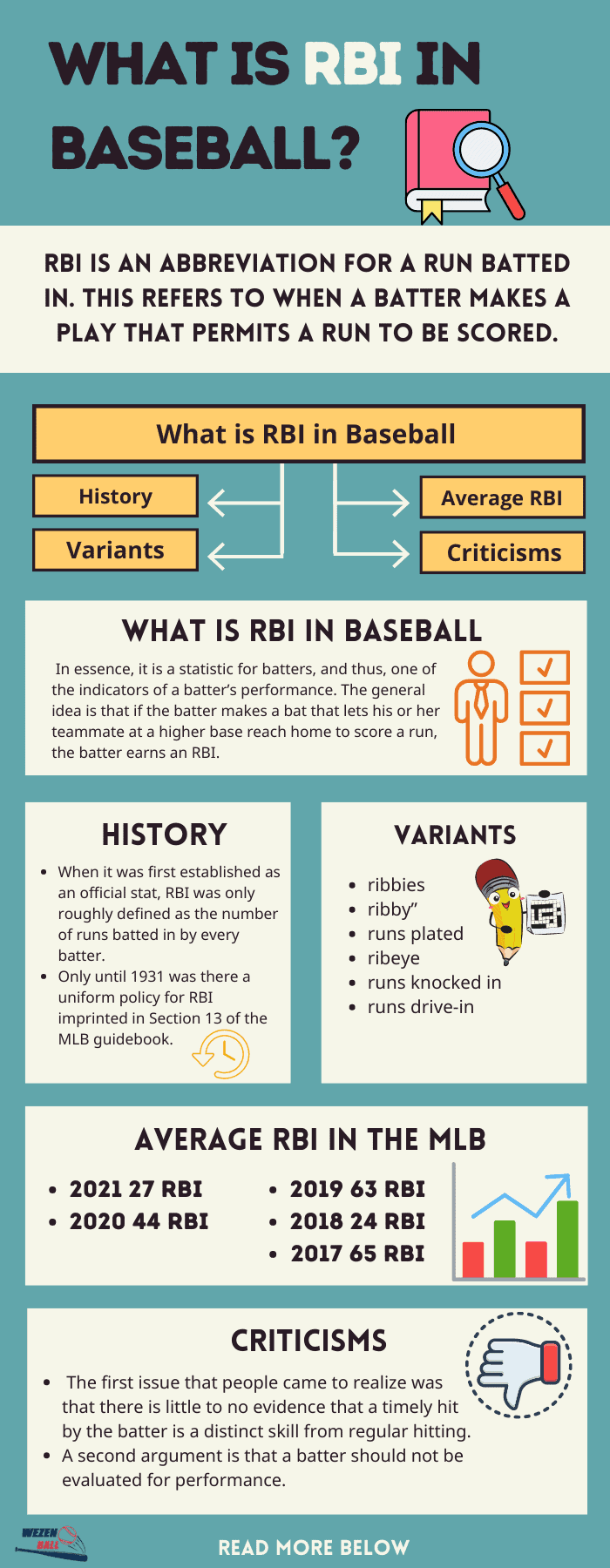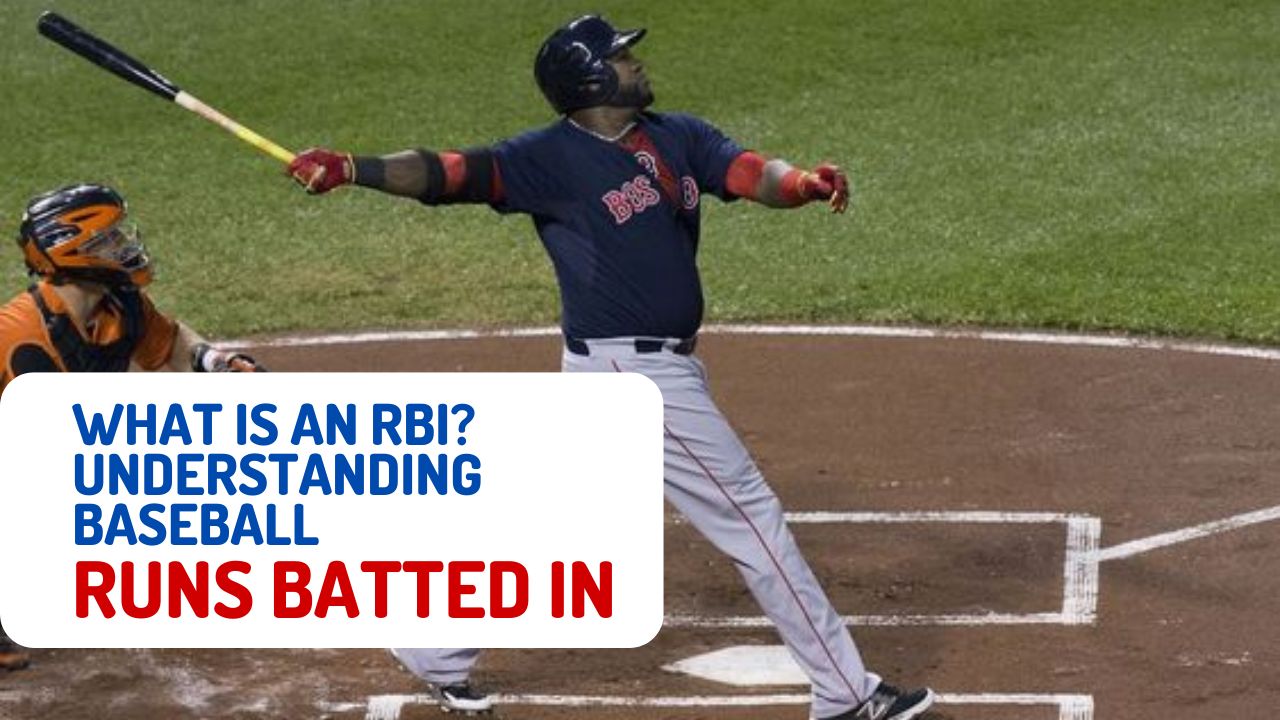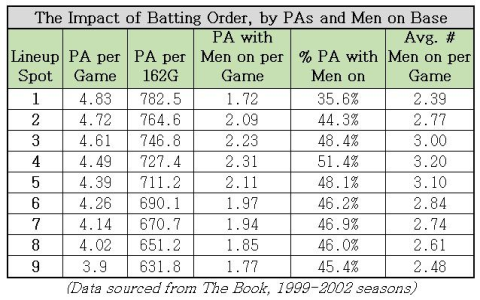Alright, so the other day, I was watching a baseball game with a buddy, and he kept talking about “RBI.” Now, I’ve watched baseball before, but I never really paid attention to all the stats and stuff. So, I asked him, “Dude, what’s RBI mean?” He gave me a quick explanation, but I figured I’d dig into it a bit more myself later.

So, after the game, I sat down and hit up the internet to learn more about it. This is what I did. First, I simply typed “what does RBI mean in baseball” into the search bar, and bam, tons of results popped up. I skimmed through a few articles. It turns out, it’s a pretty big deal in baseball.
What I Found Out
Basically, RBI stands for “Runs Batted In.” It’s a way to see how good a player is at helping his team score. Every time a batter does something at the plate that directly leads to a teammate scoring a run, he gets an RBI. For example, if a guy hits a single and the dude on third base makes it home, that’s an RBI for the batter.
I read a bunch of examples to make sure I got it right. Like, if there’s a runner on second, and the batter smacks a double, sending the runner home, that’s an RBI. Or, if the bases are loaded and the batter hits a grand slam, that’s four RBIs right there. Get it? It’s all about bringing those runners home.
- The batter gets an RBI when a run scores because of his hit.
- A batter can even get an RBI if he makes an out, as long as a run scores because of it.
Digging Deeper
After I got the basic idea, I started looking into how RBI is used to judge a player’s performance. The more I read, the more I realized that RBI is just one piece of the puzzle. It’s important, but you gotta look at other things too, like a player’s overall hitting ability. There’s this thing called OBP, or On-Base Percentage, which is about how often a player gets on base, no matter how. It’s calculated by adding up all the times a batter gets a hit, gets walked, or gets hit by a pitch, then dividing that by the total number of times he’s been at the plate.
So, you can have a guy with a ton of RBIs, but if he’s not getting on base very often, he might not be as valuable as someone with fewer RBIs but a higher OBP. It’s all about the bigger picture, you know?
Anyway, I spent a good chunk of time reading and watching videos about it. I even found some cool historical stats about players with the most RBIs in a season or career. It’s pretty interesting stuff once you get into it.

In the end, I felt like I had a much better grasp of what RBI means and why it matters in baseball. It’s not just about hitting home runs; it’s about consistently helping your team score runs, however you can.



















